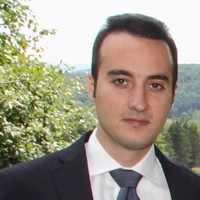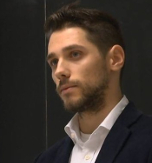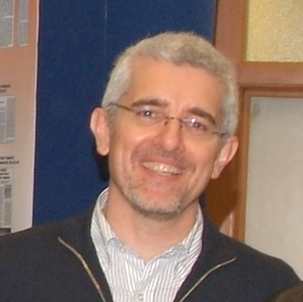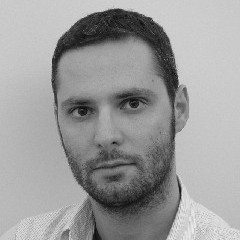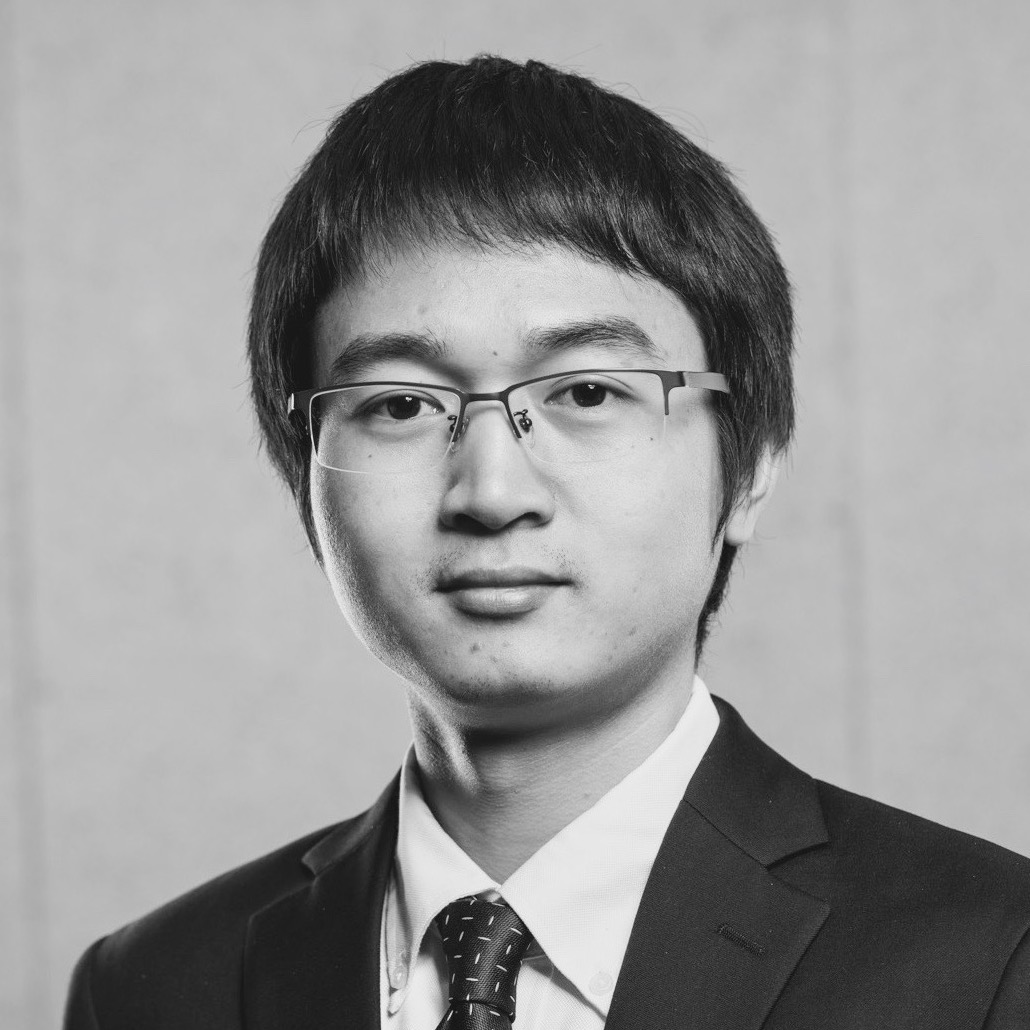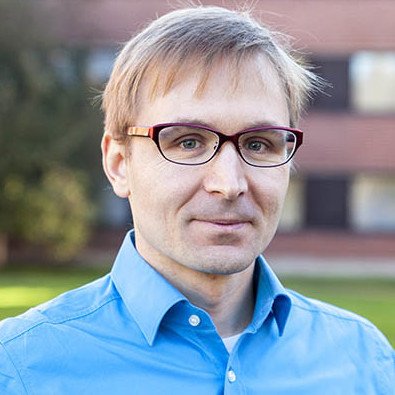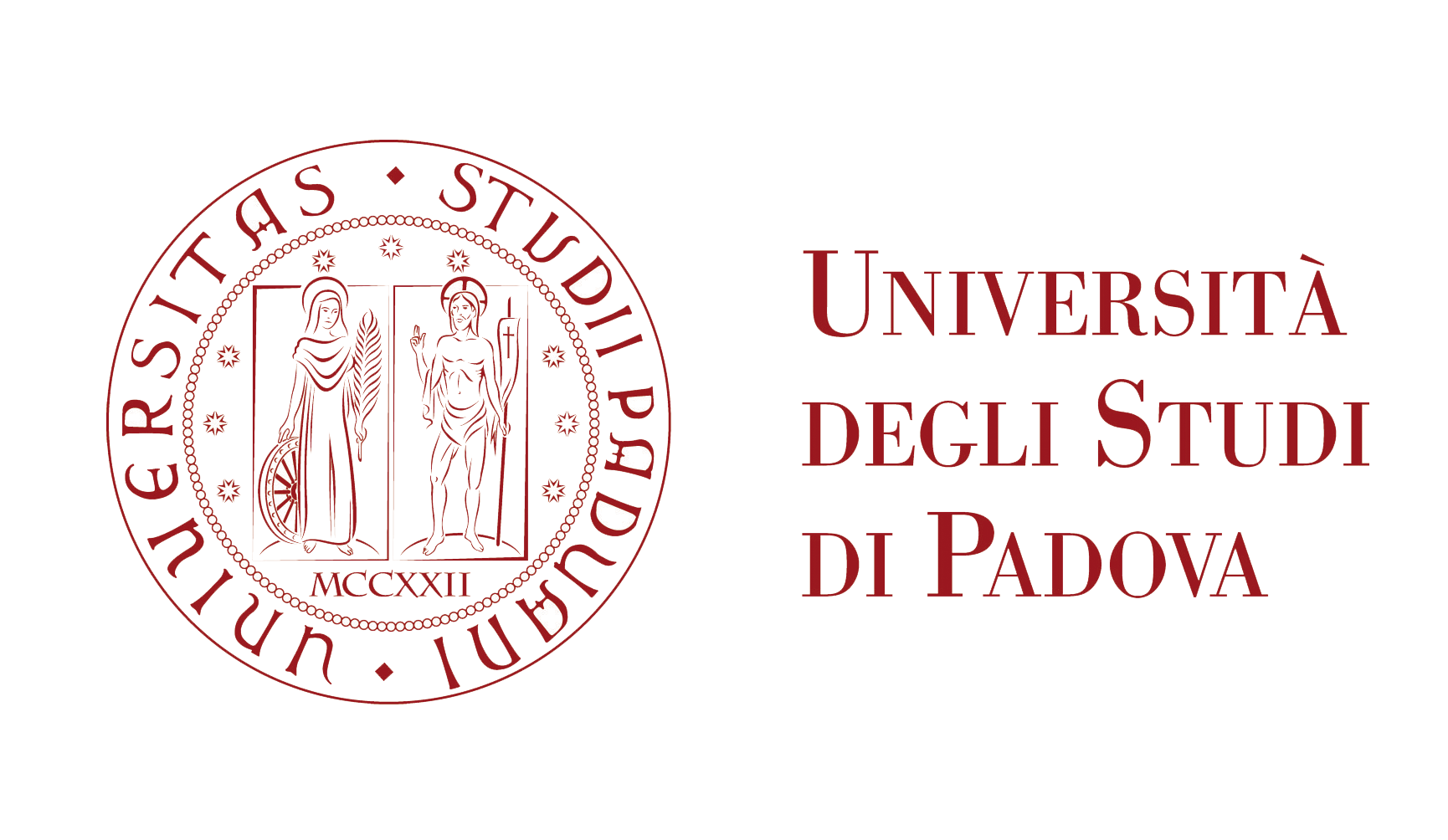14:00 - 14:05: Openning
Chairs: Pietro Manzoni, Claudio Palazzi, Lin Wang, Stephan Sigg
14:05 - 15:00: Keynote
Title: Towards Millimeter-scale Human Activity Sensing with Wi-Fi Signals: Theory and Applications
Speaker: Prof. Daqing Zhang (Télécom SudParis and CNRS, France)
Abstract: In this talk, I will introduce the Fresnel zone model as a new theoretic basis for non-intrusive human sensing with Wi-Fi signals. Different from the traditional pattern-based and learning-based approaches for contactless human sensing, the proposed Fresnel Zone Model based sensing theory not only explains why any object motion in physical space would lead to wavelength-scale variation patterns in the received wireless signals, but also reveals the sensing limit of wireless signals. Building on the Fresnel Zone Model and the frequency diversity of WiFi signals, millimeter-scale human activity sensing could be achieved. Various applications such as human respiration monitoring, gesture recognition and human vitality tracking have been implemented to demonstrate the power of the proposed theory.
Bio: Daqing Zhang is a full professor at Institut Mines-Télécom/Télécom SudPais, and CNRS, France and a Fellow of IEEE. He initiated and led the research in Smart Home, Healthcare/Elderly care and context-aware computing from 2000 to 2007 at the Institute for Infocomm Research (I2R), Singapore. He was the founding head of Connected Home Lab (2003-2004), the founding head of Context-Aware Systems Department (2004-2007) at I2R, Singapore. Dr Zhang’s research interests include context-aware computing, mobile computing, big data analytics and pervasive elderly care. He has published over 260 technical papers in leading conferences and journals, where his work on context model is widely accepted by pervasive computing, mobile computing and service-oriented computing communities. His research work got over 13,500 citations with H-index of 55 (according to Google Scholar as of March 2019). He is the winner of the Ten Years CoMoRea Impact Paper Award at IEEE PerCom 2013, the Honorable Mention Award at ACM UbiComp 2015 and 2016, the Best Paper Award at IEEE UIC 2015 and 2012 and the Best Paper Runner Up Award at Mobiquitous 2017 and 2011. He served as the general or program chair for 15 international conferences, giving 22 keynote talks in various international events. He is the associate editor for IEEE Pervasive Computing, ACM Transactions on Intelligent Systems and Technology, and the Proceeding of ACM on Interactive, Mobile, Wearable and Ubiquitous Technologies (IMWUT). He obtained his Ph.D. from University of Rome “La Sapienza”, Italy in 1996.
15:00 - 15:30: Session 1
IoT Services Deployment over Edge vs Cloud Systems: a Simulation-based Analysis
Claudio Savaglio and Giancarlo Fortino (University of Calabria, Italy); Giuseppe Di Fatta (University of Reading, UK); Giuseppe Campisano (University of Calabria, Italy)
Learning with Vertically-Partitioned Data, Binary Feedback, and Random Parameter Update
Le Nguyen Ngu Nguyen and Stephan Sigg (Aalto University, Finland)
15:30 - 16:00: Break
16:00 - 17:00: Session 2
Engaging Communities in Public Safety via Social Media
Shafaq B Chaudhry and Murat Yuksel (University of Central Florida, USA)
Art Scene Investigation: discovering and supporting cultural heritage conservation through Mobile AR
Irina Rosete Polyakova, Giulia Maglieri, Silvia Mirri, Paola Salomoni and Rocco Mazzeo (University of Bologna, Italy)
On exploiting acoustic sensing and citizen science in a game for biodiversity monitoring and awareness
Catia Prandi (Madeira Interactive Technologies Institute & University of Bologna, Italy); Jardim Nunes (University of Madeira, Portugal); Valentina Nisi (University of Madeira, Italy); Pedro Loureiro (University of Lisbon, Portugal)
Crowd-sensing Images to Understand Citizens' Emotions, Issues and Interests
Roberta De Michele, Marco Furini and Manuela Montangero (University of Modena and Reggio Emilia, Italy)
17:15 - 17:45: Session 3
Beam Alignment and Tracking for Autonomous Vehicular Communication using IEEE 802.11ad-based Radar
Guillem Reus Muns (Northeastern University, USA); Kumar Vijay Mishra (Technion, Israel); Carlos Bocanegra (Northeastern University, USA); Yonina C. Eldar (Technion, Israel); Kaushik Chowdhury (Northeastern University, USA)
A Secure, Lightweight, and Privacy-Preserving Authentication Scheme for V2G Connections in Smart Grid
Kuljeet Kaur and Sahil Garg (École de Technologie Supérieure, Canada); Georges Kaddoum (ETS Engineering School, University of Québec, Canada); Francois Gagnon (Ecole de Technologie Superieure, Canada); Syed Hassan Ahmed (Georgia Southern University, USA); Mohsen Guizani (University of Idaho, USA)
BEE-DRONES: Energy-efficient Data Collection on Wake-Up Radio-based Wireless Sensor Networks
Angelo Trotta, Marco Di Felice and Luciano Bononi (University of Bologna, Italy); Enrico Natalizio (University of Lorraine/Loria, France); Luca Perilli, Eleonora Franchi and Tullio Salmon Cinotti (University of Bologna, Italy); Roberto Canegallo (ST Microelectronics, Italy)
17:45 - 17:50: Closing
